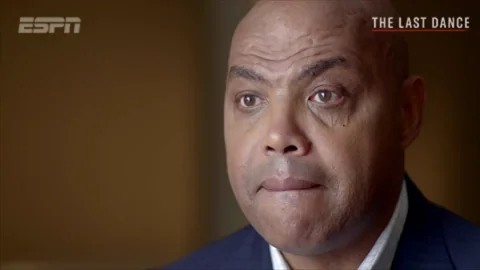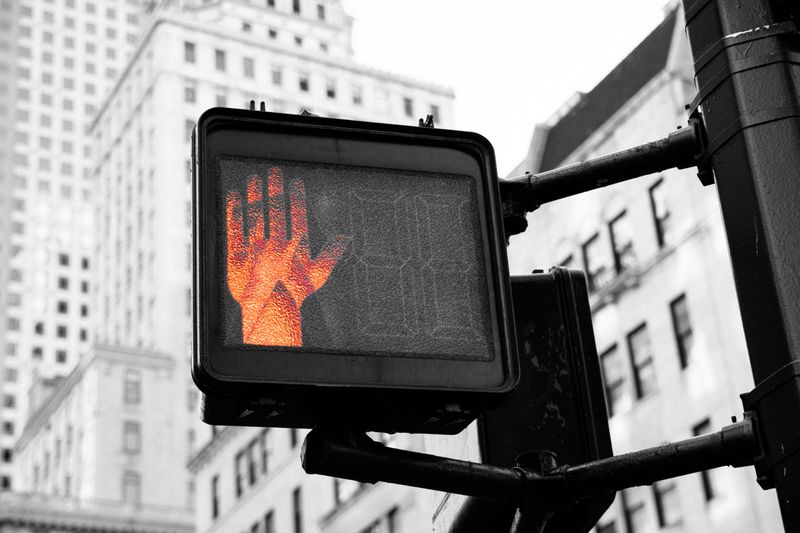You've landed an interview for your dream job. You're sitting in the interview and have told them about yourself and why you want to work for the company.
Then the real questions start.
"Tell me about a time you resolved a conflict at work."

No need to worry! This is a great opportunity for you to showcase your soft skills at work.
What Are Interviewers Looking For?
 Photo by Kelli McClintock on Unsplash
Photo by Kelli McClintock on UnsplashThese types of questions are called behavioral or situational questions.
Behavioral/situational questions ask you to think of a time a specific situation happened to you at work and how you handled it.
The interviewers are looking for:
A short but detailed answer
Interpersonal and communication skills
Problem-solving skills
So How Do You Answer?

The best way to answer questions like these is to use a format called the STAR method.Describe the:
Situation
Who was involved? What was the conflict about?
Make sure it's a professional scenario, not something personal.
Task
Were you leading a project? Acting as a mediator?
Talk about your role in the situation.
Action
What steps did you take to resolve the conflict? How did you approach the situation?
Make sure to highlight your listening and problem-solving skills.
Result
What was the outcome? Did the conflict resolution result in a better product/work environment?
Highlight how your contribution resulted in making a difference.
Example
 Photo by Tim Gouw on Unsplash
Photo by Tim Gouw on UnsplashAlright, you're ready to answer the question. First, take a look at a good answer example:
In my previous job as team lead, two team members disagreed on the direction of a project. As team lead, I held a meeting where both team members could present their ideas. We talked it out and found a compromise that combined both approaches. The project moved forward smoothly, both of them felt their ideas were heard, and we received positive feedback on the final outcome.
What You Shouldn't Say
 Photo by Kai Pilger on Unsplash
Photo by Kai Pilger on UnsplashAvoid:
Blaming others
Mentioning personal drama
Being too vague
Ending with a negative outcome
Including any of these could give the interviewer reason to doubt your communication and interpersonal skills.
Test Yourself

Your interviewer asks you to describe a time when you resolved a conflict at work. You recall a time when two members of your team disagreed about how to handle a particular client.
Here are some possible parts of answers that could come up while answering this question:
A. "I suggested that we avoid discussing it so as not to escalate the conflict."
B. "I tried to focus on shared goals between the two ideas."
C. "I immediately escalated the issue to my manager."
D. "I proposed a solution based on the ideas of both sides."
Quiz
Which statement(s) would be best as part of an answer to this question? Select all that apply:
Take Action
 Photo by Kid Circus on Unsplash
Photo by Kid Circus on UnsplashRemember, questions like these give you a great chance to display your soft skills that are needed in the workplace, so expect and prepare for them.
You got this!
Your feedback matters to us.
This Byte helped me better understand the topic.
